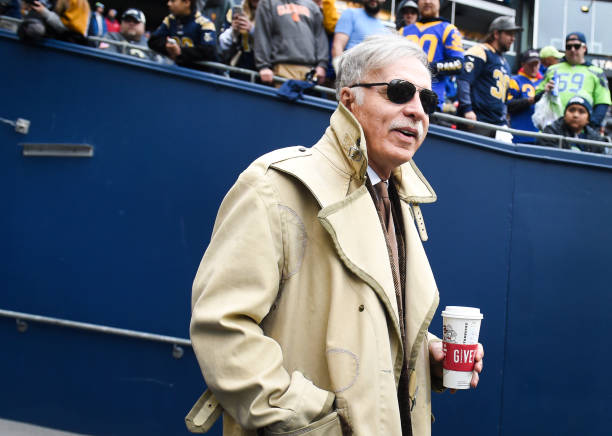When David Danskin and Jack Humble sat down to form Arsenal in 1886, the word ‘billion’ probably hadn’t established itself in the lexicon of Woolwich armaments workers.
They could never have imagined that the club that had to scrounge kits from Nottingham Forest would one day be valued at almost £2bn, but that’s where we find ourselves now.
Stan Kroenke, to the surprising surprise of many, announced that he was buying up all the Arsenal shares that had eluded his clutches for the last seven years. For many, it signals the end of the club as we have always known it – it’s the worst thing to happen in the history of Arsenal, apparently. For others, however, nothing much has changed.
The reality is everything has changed with Kroenke’s move and absolutely nothing at all. If you think that the club have been beholden to the wishes of the fans in recent years then you’ve clearly not been paying attention. Sure, you can mourn the loss of influence you haven’t had for a long time, but it doesn’t really seem to make much sense.
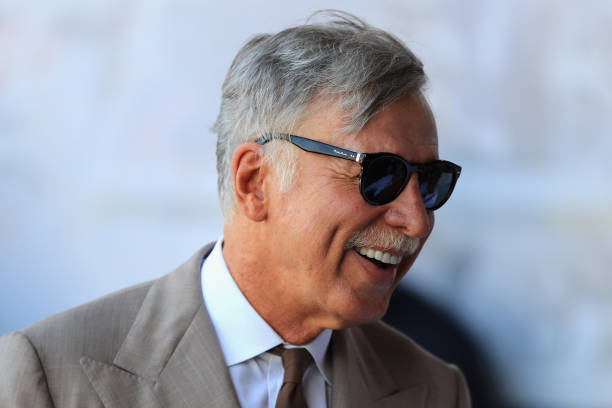
Moaning will accomplish nothing. We saw that with Arsene Wenger. It was only when empty seats took up more of the TV screen than paying punters did we see Wenger ushered out the door. If you want to get rid of Kroenke, it’s going to take a lot more than that. Just ask Manchester United fans how their Green and Gold protest is going. Remember that? You don’t hear about it too often, but the Glazers are still in charge. It’s almost as if billionaires who live in a different universe don’t give a f*ck what we think of them, no matter how many scarves we make or black bags we wave about.
When Kroenke bought his first share, Arsenal’s fate was sealed. He was never going to share ownership indefinitely with Alisher Usmanov, a man he wouldn’t even allow a seat on the board despite his 30% holding. There will be much hand-wringing about how it came to this when it’s very clear how we got here. Greed. Pure and simple.
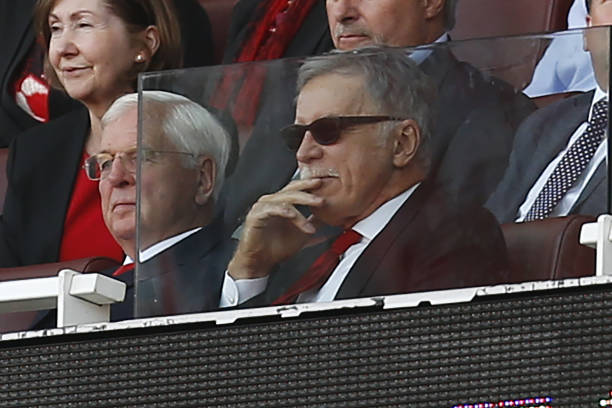
That’s what football is now for those at the top of the game. Like the rest of society, wealth is distributed so unevenly that some are swimming in money while others are drowning in debt. Kroenke bought Arsenal for his love of cold hard cash, not our sweeping counter-attacks. Whatever makes him the most money is what he wants.
That, of course, does not sit happily with fans who just want their football team to do well on the pitch. For us, it isn’t about bank balances and share dividends. It never has been, beyond how that impacts our ability to go to matches.
But the days of fans having any real say in football are long gone and that is the price we have all willingly paid to watch the likes of Mesut Ozil, Mo Salah, Eden Hazard, Alexis Sanchez and all the other world class stars who perform weekly for world-class wages.
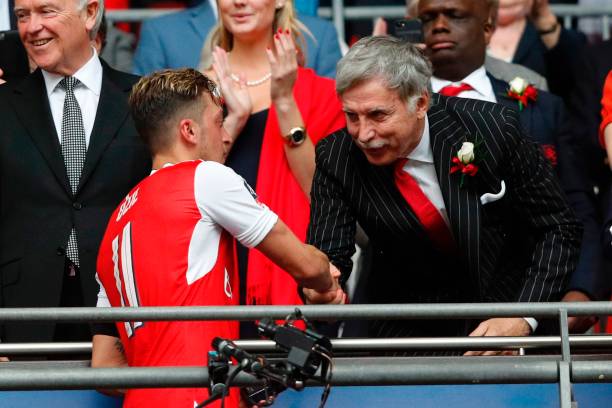
Football has changed and you can either try to cling to the moth-eaten coattails of a bygone age or you can look to the future and see what is heading our way.
The globalisation of football means that matchday revenues are no longer as important as the fans around the world sitting in their comfy armchairs.
Sure, a full stadium gives better optics to those watching at home, but let’s not pretend Arsenal couldn’t fill the Emirates ten times over if they offered freebies should they find themselves in desperate need of saving the appearance of their product on the small screen. The match-going fan is being phased out, and that’s the more concerning thing.
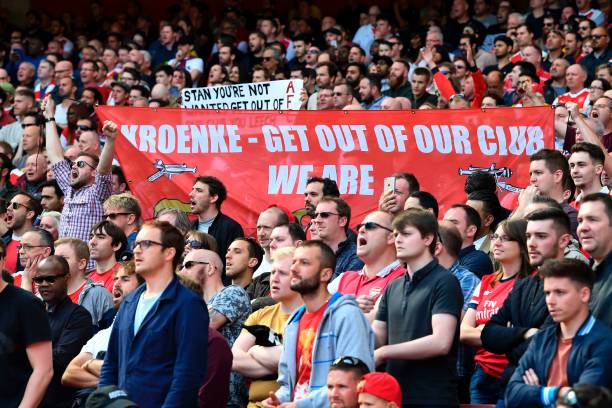
Only when the fans of all clubs set aside their individual allegiances and team up together do we have a chance of exacting meaningful change in the game.
The chances of that happening when one set of supporters can’t even agree amongst themselves are slimmer than Gedion Zelalem on a diet.

